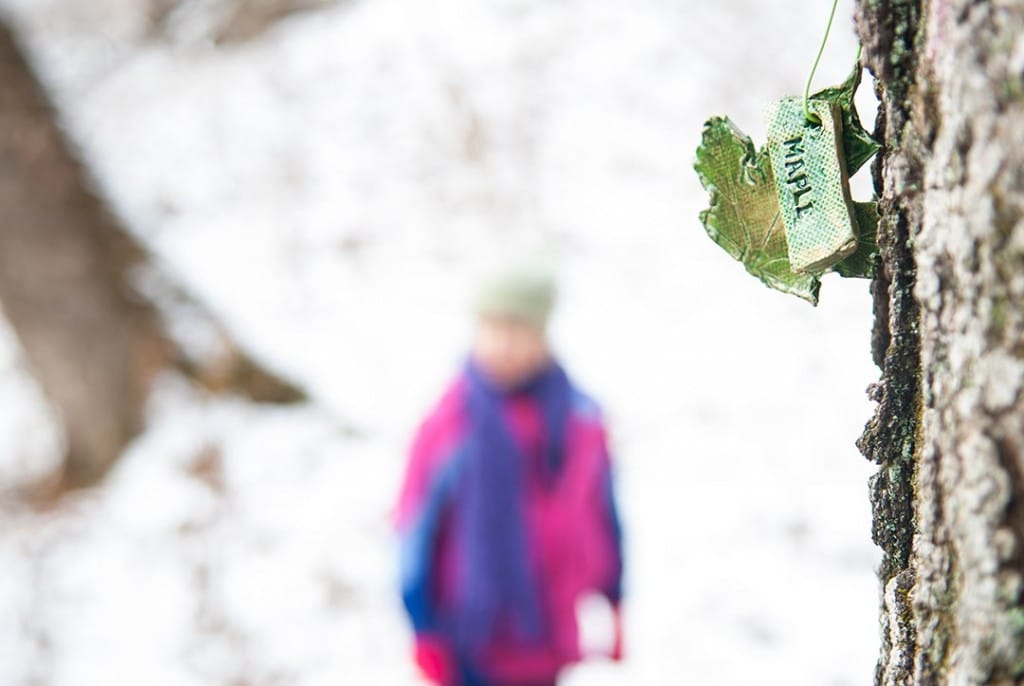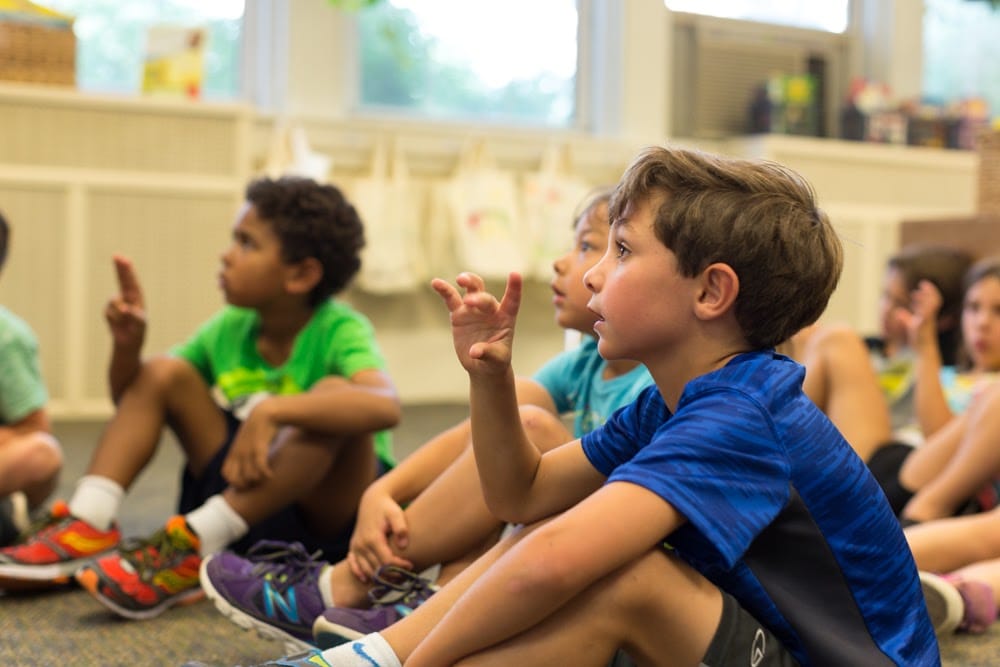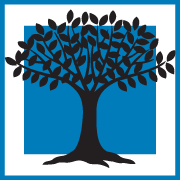Just as you’ll find in our Early Childhood and Middle School classrooms, students in the primary grades learn core subjects and critical life lessons through hands-on, thematic learning experiences. Lessons are taught both individually and within integrated thematic projects; this approach makes learning meaningful and makes lessons stick.
Mathematics
Numbers, relationships, and patterns can help students understand the world. Our students engage math during project-based experiences and during daily Illustrative Mathematics (IM) lessons. IM is a research-driven, problem-based curriculum. In a problem-based curriculum, students work on carefully crafted and sequenced mathematics problems during most of the instructional time. The value of a problem-based approach is that students spend most of their time in math class doing mathematics: making sense of problems, estimating, trying different approaches, selecting and using appropriate tools, and evaluating the reasonableness of their answers. They go on to interpret the significance of their answers, noticing patterns and making generalizations, explaining their reasoning verbally and in writing, listening to the reasoning of others, and building their understanding
Language Arts
The 6+1 Traits of Writing guides student mastery of the essential elements of writing. Whether in poetic expressions, analytic essays, or ten-page research papers, grammatically correct and powerfully chosen words are of the utmost importance to us. Reading is cultivated during Readers and Writers Workshops in the classroom and during experiences in the field.
Science
Our faculty find themselves asking more questions than giving answers. At all levels, our science curriculum promotes understanding of the natural world and governing principles. The program builds on children’s natural curiosity through hands-on experiments, reflection, and discussion. Supported by our greenhouse and gardens, and our LaBarque Campus, students become botanists, chemists, biologists, physicists—they are scientists.
Arts
The visual arts make painters and sculptors out of our six-year-olds; the Orff-Schulwerk Approach empowers all students to write and read their own music and the performing arts program ensures that every student at The College School knows William Shakespeare. Whether painting, proclaiming on the stage, or performing a melody, students experience the arts in the specialist teachers’ studios as well as integrated into bigger project-based learning experiences.
Social Learning
Social learning is first about self: investigating identity, reflecting, and identifying capabilities. Subsequently, students evaluate the impact of their personal actions on others and expand to see how groups, nations, and peoples interact while exploring themes of social justice. We want students to have strong moral and ethical development, to know how to safely take risks, and to care for and lead within their communities.



